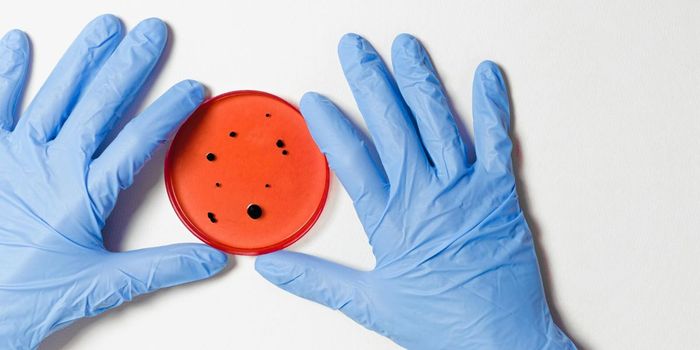Alcohol's Negative Impact on the Neuroimmune Signaling
A study published in Brain, Behavior, and Immunity found that heavy alcohol use changes signaling pathways in the brain and negatively impacts cognitive functions like decision-making and impulse control. This vicious cycle makes the individual more predisposed to excessive drinking. The study shed light on the mechanisms involving the brain’s immune system that might inform future treatments for alcohol use disorder (AUD).
When the researchers compared mice that received moderate amounts of alcohol with those that had no alcohol, the alcohol-dependent mice had twice as many cells producing the immune signaling molecule (IL-1β) in their medial prefrontal cortex (the part of the brain involved in regulating cognitive function). They also noted that IL-1β’s pathway worked differently. The alcohol-dependent mice had increased inflammation and increased release of the inhibitory neurotransmitter gamma-aminobutyric acid (GABA). The GABA neurotransmitter is responsible for regulating neural activity in the brain. These changes persisted even when the researchers stopped giving the mice alcohol.
Previous research studies confirmed the IL-1β molecule’s link to AUD. These studies indicated individuals with specific mutations in the gene that codes for IL-1β are more likely to engage in heavy drinking. Autopsies of people who struggled with AUD also showed higher levels of IL-1β in the brain. Other research studies have found that even light to moderate drinking contributes to cognitive decline and brain volume reduction.
The researchers discovered that alcohol activates the neuroimmune system, although this activation pattern is weaker than patterns triggered by a pathogen or an injury. Changes from this less intense activation persist and accumulate over time as an individual drinking habit becomes more excessive and frequent.
The researchers believe there is an association between the effects of heavy alcohol on neuroimmune signaling and the cognitive decline seen in individuals with AUD. This research could potentially lead to improved treatment for substance abuse. The U.S. Food and Drug Association has approved rheumatoid arthritis treatments that block IL-1β activity. The researchers plan to research how targeting specific components of the IL-1β pathway might have implications for treating AUD.
Sources: Brain, Behavior and Immunity, Eureka News Alert








